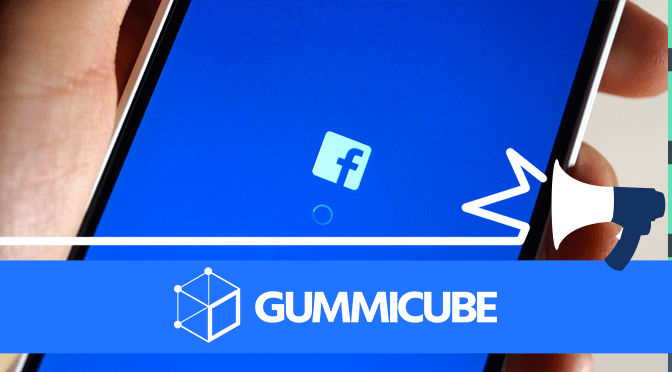Facebook Outage and its Impact on Mobile Marketing
March 21st, 2019

Recently, a Facebook server configuration error caused a glitch that resulted in its longest-ever outage. The glitch left users unable to access not only the Facebook app and webpage, but other apps owned by Facebook, including Instagram, Messenger and WhatsApp. What was a mild inconvenience for users was more problematic for developers who use Facebook ads as part of their marketing campaigns, and might even impact their App Store Optimization.
App Downtime
The error caused a shutdown across multiple apps. Facebook as a company runs multiple apps that work together, including Instagram and WhatsApp, and the error impacted all of them. The errors included the apps not loading content, sharing posts, or allowing users to log in. While the services were restored by that night, the damage had already been done to Facebook and any apps that rely on its advertisement services.
Apps experiencing shutdowns like this can instantly have a negative impact on their ASO as frustrated users uninstall the apps or leave negative reviews to report the outage. While Facebook and its other apps are large enough that the impact did not have a major effect on their rankings within the stores (Messenger, Facebook and WhatsApp are still the top three social networking apps on Apple’s App Store), smaller apps cannot afford this kind of damage.
Additionally, as a large social network, Facebook’s outage impacted more than just itself. Facebook’s ad-buying system went down with the site, which had an impact on apps that use the social network for their marketing campaigns.
Mobile Marketing
When Facebook crashed, its ads crashed with it. This created several hours during which any app developers marketing their apps on Facebook were not reaching any users. This drop in paid traffic resulted in multiple missed opportunities to win over new users for any and all apps using Facebook ads.
More than that, a drop in paid traffic can impact an app’s ASO. Losing paid traffic can impact organic metrics by signaling a sudden decrease in installations. In the competitive app environment, that can quickly result in an app being overtaken by its competitors and losing its rankings for valuable keywords.
Facebook is aware of the profit loss resulting from its outage. Bloomberg reports that the company is considering providing refunds to advertisers to compensate them for the lost profits resulting from the incident. Whether or not developers will receive a refund, how the value will be calculated and how much they’ll receive has yet to be disclosed.
But the loss of keyword rankings represents more than just money; it impacts an app’s visibility on the App Store and Google Play Store, which can result in missing opportunities to reach an audience and convert users.
Paid traffic can have a big impact on an app’s organic metrics. While it does bring users to the app from outside the App Store and Play Store, it also signals to the store that it is an app people are interested in and clicking on. The improved click-through-rate boosts the app’s standing within the store, enabling it to reach more users, and improving its CTR further. It’s a domino effect of boosts that can continue to help impact and improve an app’s rankings and visibility, so Facebook’s outage could create a chain reaction that sets them back.
While there’s little developers can do to prevent outside apps from crashing, it is still an important reminder of the importance of mobile marketing and App Store Optimization for an app’s success.
Want more information regarding App Store Optimization? Contact Gummicube and we’ll help get your strategy started.

